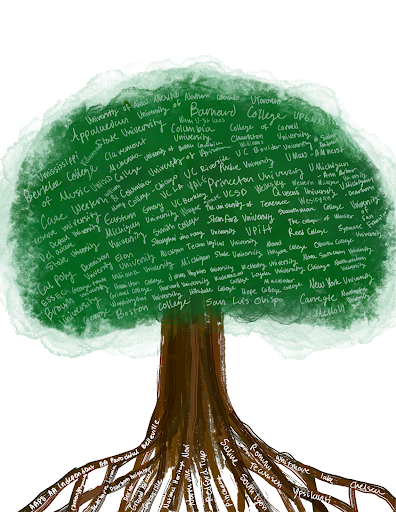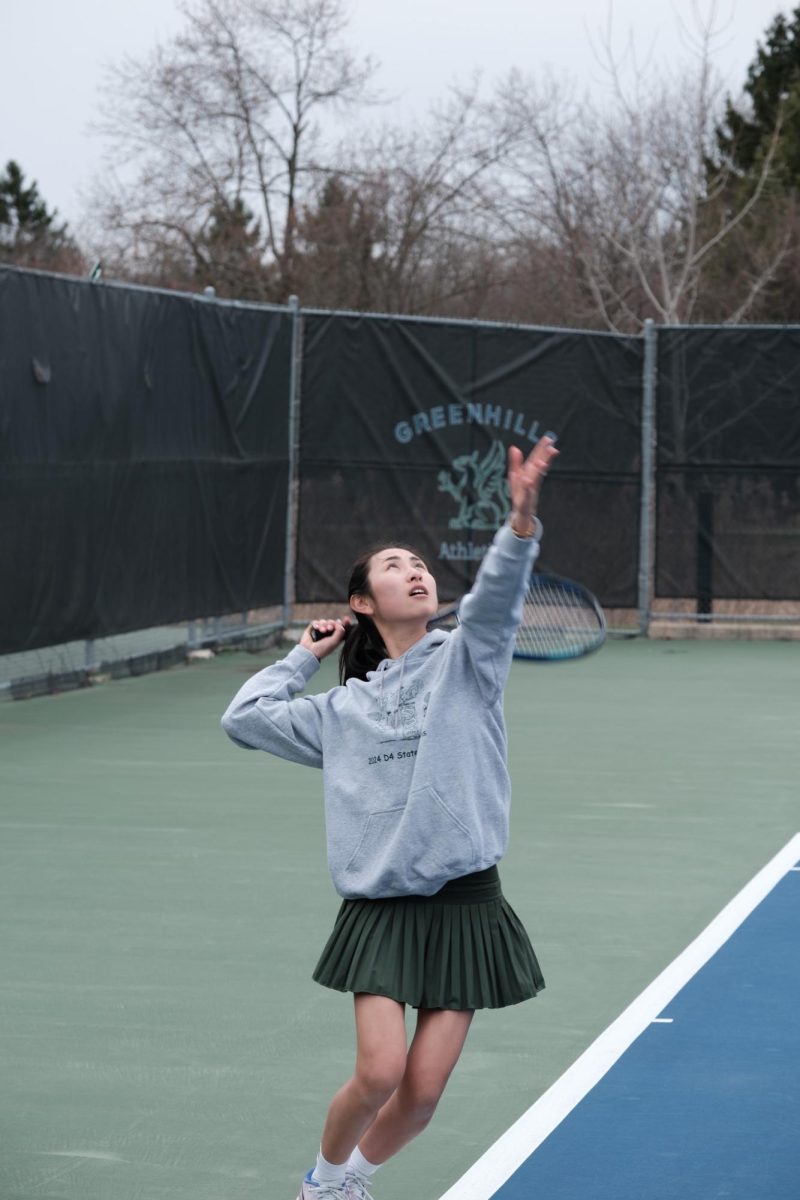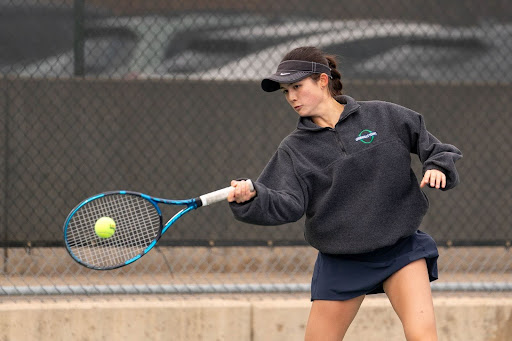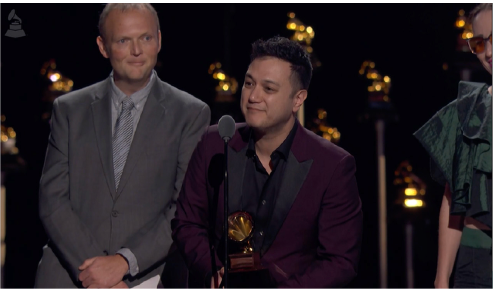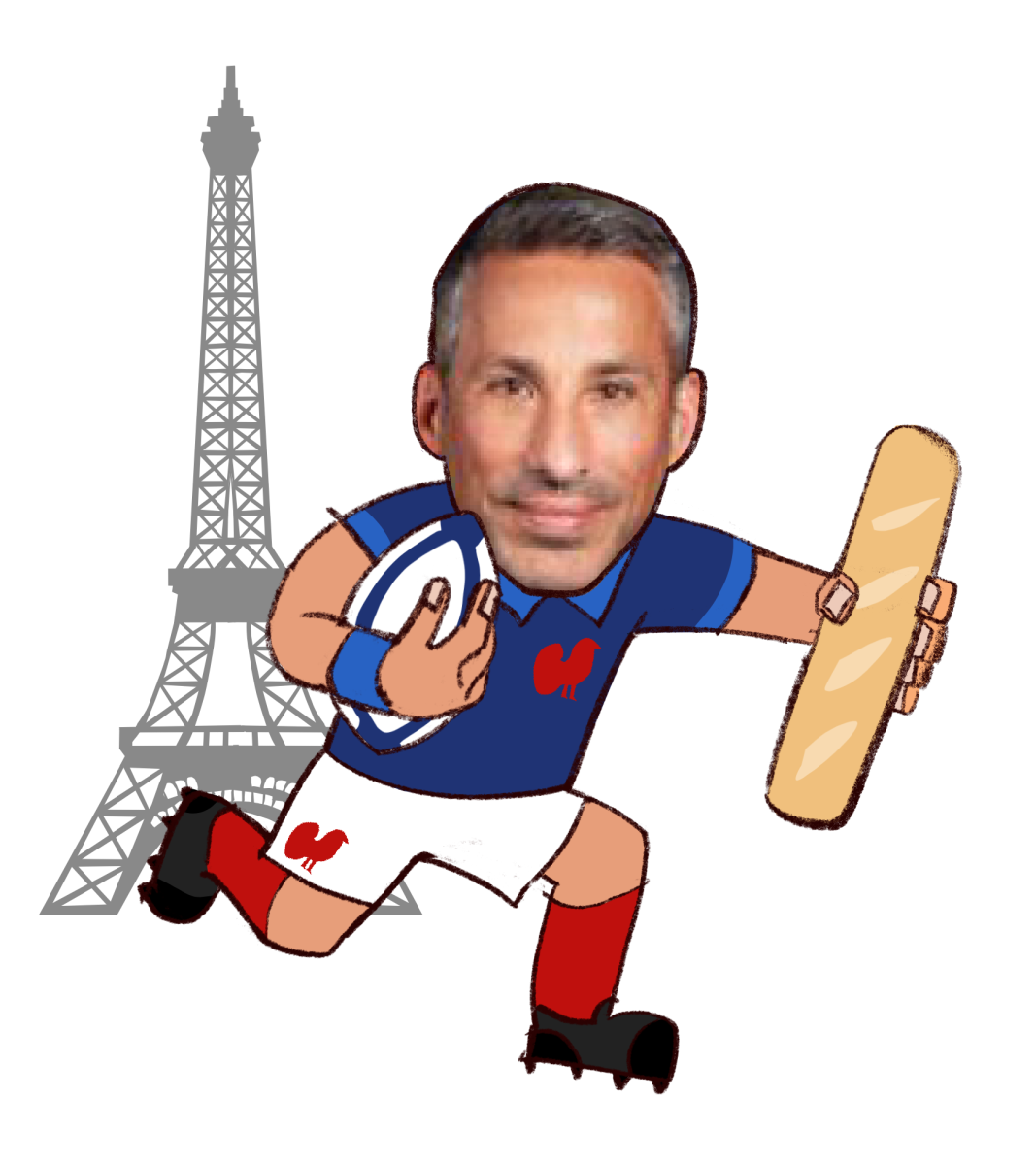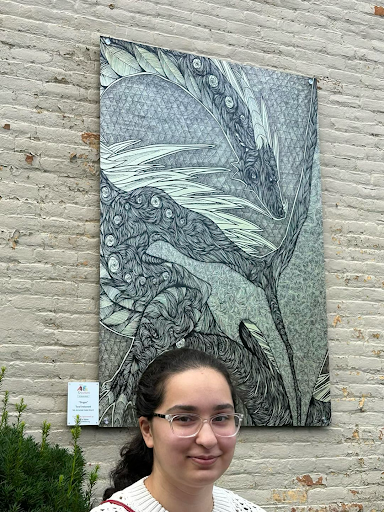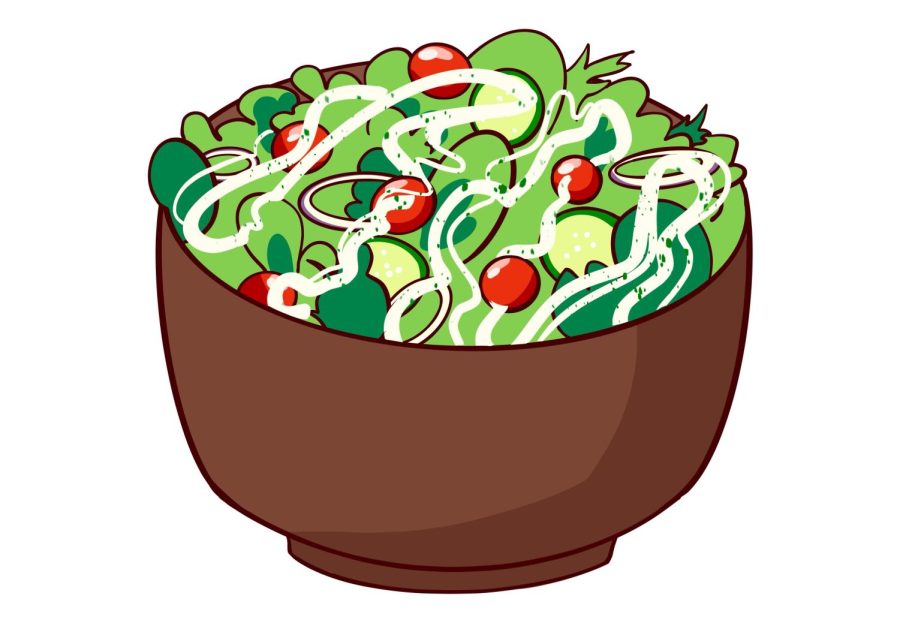EDITORIAL: One day is not enough
April 6, 2023
The school was probably the most attentive it has ever been. Literally on the edge of their seats. Professor of Educational Studies at Colgate University John Palmer gave a stirring presentation, really more akin to a sermon, about solving racism not through top down solutions, but by individuals creating their own narratives, not holding onto those thrust upon them by society. It was one of the few presentations of any diversity week ever that, instead of focusing on what we can’t do, the inevitable injustice that we will face in the world, honed in on what we can. We can stop tokenizing whole cultures. We don’t have to get one foot in the door. We can create our own stories.
So it’s not surprising that, in typical fashion, the very next day we were greeted by a slew of cultures, presented as uniform populations, one after another without any room to show the diversity within those cultures. Not everyone in these groups are the same, and when they all come together, some of the diversity becomes blurred. We were treated to skits, a kahoot, and, arguably a crowd favorite, a dance performed by the South Asian Affinity Network. But through all of it nobody stopped to think about what Palmer had said the day before. Don’t tokenize. Don’t condense a whole culture into a one dimensional 15-minute experience that can be nicely packaged up into our allotted week of diversity for the year. He was talking directly to us, to our school.
But these decisions don’t just fall on ODEI, they are students’ responsibilities as well. Affinity groups are the ones that represent the student voice on these issues, and right now they are treated like any other club. They may not have much power, but they carry the weight of nations, ethnicities, and other defining attributes on their shoulders. Affinity groups need to be ready to accept the responsibility that comes with that.
Palmer spoke about the pitfalls with affinity groups and even made it known that he did not agree with the school’s usage of them. The example he used was that affinity groups are like a salad bowl covered in ranch dressing. Affinity groups are not necessarily accurate representations of these cultures. How does a school expect a few to represent the many? There are many niche factors of cultures that students of Greenhills are not always able to represent. The affinity groups show the surface level of cultures which predate Greenhills and our experience by thousands of years. Some choose not to even join affinity groups that describe them, leaving what’s left a shallow husk that is more representative of the music a few people listen to than their actual ethnicity. This could make people feel unwelcome or uncomfortable in their own community, narrowing the narrative, alienating some until all that’s left is a few that are the most nationalistic.
Which isn’t to say that the school always gets it wrong. The iftar event being just one example. Iftar is when muslims break their fast during the month of Ramadan. The event hosted by the school allows for both muslims as well as people who are just curious to learn about iftar. These “celebrations” of cultures only work when those who identify with something are able to express their identity on their own terms without restraint or having to play to an audience.
If it sounds like we’re being harsh it is only because issues of identity, race, ethnicity, sexuality, and culture deserve the utmost attention. If these concerns sound small in the larger scheme of discrimination, that’s because they are, but they’re far from petty. These little disparities between what is taught and what is practiced in terms of diversity undermine the overall purpose of the ODEI, to promote diversity, equity, and inclusion.
The ODEI is doing 99 percent of its job perfectly. Affinity groups, celebrations, speakers, documentaries, all working towards one goal. All doing their job well. But that one percent still matters.
When the viewpoints presented to us on these important issues are conflicting it is hard, bordering on impossible, to decide which viewpoint to follow. So our message to the ODEI is this: don’t stop striving. Don’t be complacent in diversity week, and Fresh class, and whatever else we do, because the work you do has bettered us all, and will continue to better us all, but most importantly is never over.



